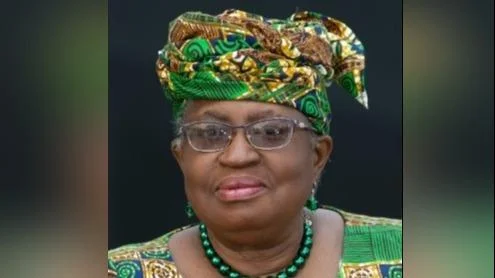The Director-General of the World Trade Organization (WTO), Okonjo-Iweala, has emphasized the need for significant reforms as the organization prepares for its 14th Ministerial Conference (MC14) in Yaoundé, Cameroon, scheduled to begin on March 26, 2026. "We are now in the midst of one of the largest disruptions in world trade in history," she stated, urging members to focus on strategies that will ensure success at MC14.
Okonjo-Iweala highlighted that many WTO members support prioritizing reform and repositioning efforts at MC14. Members have proposed actions to address deficiencies in the current rulebook and reforms across core functions like monitoring, transparency, negotiations, and dispute settlement. "The present disruption is seen as a vital opportunity to address the system's weaknesses and reposition the WTO for the future," she noted.
A phased approach was suggested by Okonjo-Iweala, which includes a facilitator-led scoping exercise before MC14, ministerial guidance during MC14 on actionable steps forward, and post-MC14 implementation within established workstreams. She emphasized urgency: “We must seize this reform opportunity with seriousness and urgency.”
Priority areas identified for MC14 include agriculture, fisheries subsidies negotiations, e-commerce work programme and moratoriums, incorporation of various agreements into the WTO framework, and development issues. A progress stocktaking will occur in July with decisions on negotiating issues by December. "The overarching goal in all this is to enable productive and meaningful ministerial engagement in Yaoundé," she added.
Updates from ongoing negotiations were provided by various chairs. Ambassador Ali Sarfraz Hussain of Pakistan reported on agriculture negotiations emphasizing that delivering an outcome is crucial for reinforcing WTO credibility despite unchanged main positions. Ambassador Einar Gunnarsson of Iceland discussed upcoming meetings for fisheries subsidies negotiations aimed at breaking stalemates.
Ambassador Kadra Hassan of Djibouti noted continued work through facilitator-led processes on trade and development topics. Ambassador Alfredo Suescum of Panama mentioned no new proposals regarding wines and spirits registration while Ambassador Eunice M. Tembo Luambia of Zambia acknowledged limited appetite for trade environment negotiations.
General Council Chair Saqer Abdullah Almoqbel from Saudi Arabia reflected on informal consultations highlighting that while challenges persist due to current economic climates, there remains strong belief in maintaining a rules-based multilateral trading system as part of collective responses.

